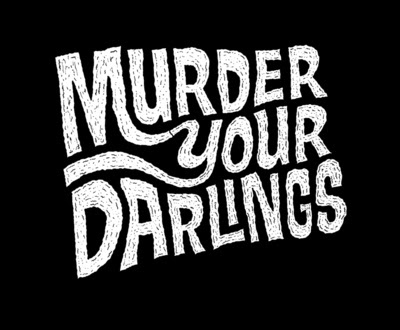
Writing entails getting down lots of words. Editing means removing at least half of them. — Lisa Barone
When I'm not working as an organizer, I'm working as an editor. And as an editor, a good part of what I do is uncluttering — removing words that actually weaken the text.
One of the many tributes to Roger Ebert that I read last week pointed me to his review of The Brown Bunny. In that review, he notes how different the version he's reviewing is from the one he saw earlier:
The Cannes version was a bad film, but now Gallo's editing has set free the good film inside.Editing a text does the same thing; it sets free the good story buried inside the overly wordy version. In her article entitled How to Lose 30 Pounds of Word Flab Overnight, Sonia Simone notes that "all of us start with flabby first drafts." She then provides strategies for cutting that flab, including deleting the "junk words" and eliminating redundancy.
Here's an entry in the Guardian style guide that deals with one of those junk words:
very: usually very redundant. Mark Twain wrote: "Substitute 'damn' every time you're inclined to write 'very.' Your editor will delete it and the writing will be just as it should be."Something else I read recently is Calvin Trillin's delightful memoir about his years at Time magazine, which includes this anecdote:
At the end of the week (or “at week’s end,” as we would have put it, in order to save three words), the makeup people would invariably inform us that the story had to be shortened to fit into the section. Since words or passages cut for space were marked with a green pencil ... the process was called greening. The instructions were expressed as how many lines had to be greened — “Green seven” or “Green twelve.” I loved greening. I don’t have any interest in word games — I don’t think I’ve ever done a crossword or played Scrabble — but I found greening a thoroughly enjoyable puzzle. I was surprised that what I had thought of as a tightly constructed seventy-line story ... was unharmed, or even improved, by greening ten per cent of it.Finally, here's the advice from Pauline Phillips (Dear Abby) to her sister, Eppie Lederer (Ann Landers), noted in The New York Times obituary for Phillips:
You’re writing too long.And many of us are, too.
Related Post:
A Different Kind of Clutter
Image: Murder Your Darlings print by Chris Piascik. Sir Arthur Quiller-Couch famously said: “Whenever you feel an impulse to perpetrate a piece of exceptionally fine writing, obey it – wholeheartedly – and delete it before sending your manuscript to press. Murder your darlings.”

2 comments:
Love the Twain quote! And yes, I've often thought that organizing/decluttering was just another form of editing. It's our gift, this ability to snip here and slice there until we've found the true shape, the core essence. We are sculptors of words and space, you and I.:-)
Love this post! What a great reminder to watch what we say (in life and on "paper"!) I could say more but I'm going to put your words into action- Thanks so much!
Post a Comment